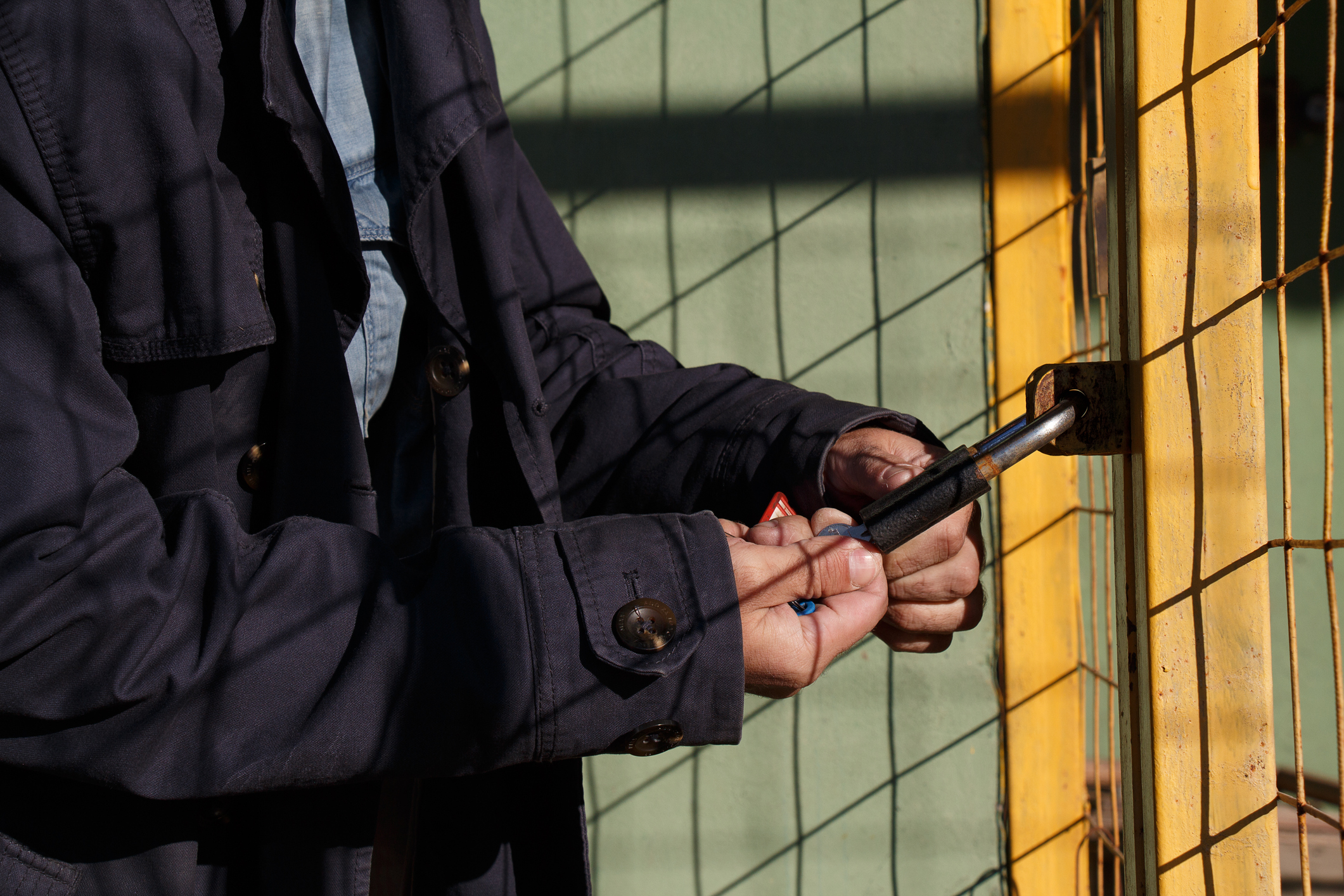The FIRST STEP Act made many changes to federal sentences and prisons. Can you use the FIRST STEP Act for sentencing reduction? Most of the changes focus on what sentences courts choose. Others shorten the sentences for people already in prison. And another group of changes gives prisoners the chance to get released sooner. The FIRST STEP Act does this through “time credits.”
How do time credits under the FIRST STEP Act work?
You’ve likely heard someone talking about “good time” or “good time credit.” Under federal law, prisoners can earn credit for “good behavior” in prison. Under the FIRST STEP Act, prisoners have another opportunity to get released early.
To earn “time credits” under the Act, prisoners must complete approved programs. The approved programs focus on keeping prisoners out of prison once they’re released. The system works like this:
Step 1:
Complete 30 days’ worth of approved programs
Step 2:
Earn 10 days’ worth of time credits
Step 3:
Earn another 5 days’ worth of time credits by staying in “good standing”
If everything goes well, you can earn 15 time credits for every 30 days of programming.

How can you get into an approved program under the FIRST STEP Act?
The Bureau of Prisons offers many programs for time credits. Examples of programs include the following:
- Literacy Programs (Reading, Writing, Math, etc.)
- Job Training
- Anger Management
- Substance-Abuse Programs
- Parenting Classes
- Mental Illness Treatment and Recovery
- Emotional Self-Regulation
- Social Skills Training for Schizophrenia
- Faith-Based Life Skills Programs
But not every prison offers all these programs. One of the most common criticisms of the FIRST STEP Act so far focuses on the availability of programs. And some programs last longer than others. One program might get you an hour of programming a week, but another might get you 40 hours. One program might last four weeks. Others could last several months. Programs can also have waitlists.
You also need to know that prisons can take you out of programs if you don’t follow their rules. This means that you can lose time credits that you have already earned. So, if you get in a program, it’s important to know and follow its rules. Prison staff should be able to answer questions you have about these programs.
Is everyone eligible for time credits under the FIRST STEP Act?
No. Only low- and medium-risk prisoners can earn time credits under the FIRST STEP Act. If you’re in prison for violent crimes or crimes against the state, you likely can’t earn time credits. Other crimes, like computer fraud, could not use the FIRST STEP Act for sentencing reduction.
The Takeaway:
The FIRST STEP Act makes it easier for non-violent offenders to reduce their sentences. It also provides programs designed to prepare you for re-entry into society. The FIRST STEP Act’s goal is to prepare you for release and keep you from coming back.






